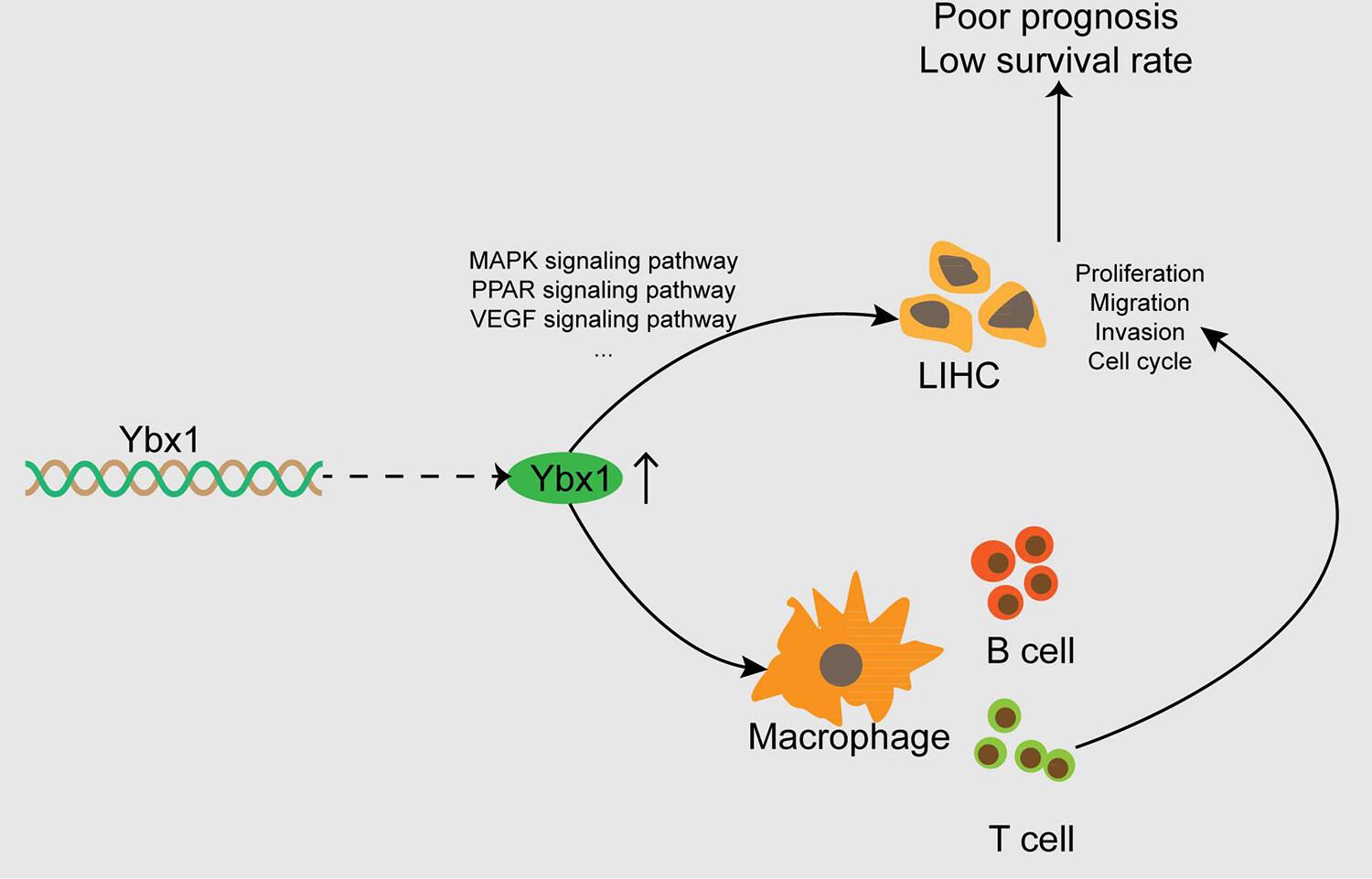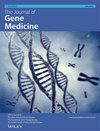Exploration of YBX1 role in the prognostic value and immune characteristics by single-cell and bulk sequencing analysis for liver hepatocellular carcinoma
Abstract
Background
Y-box binding protein 1 (YBX1) plays a variety of roles in progression of multiple tumors. However, the role of YBX1 in prognostic value and immune regulation for liver hepatocellular carcinoma (LIHC) remains unclear. The present study aimed to examine the effect of YBX1 on the regulation of tumor immunity and survival prediction in LIHC patients.
Methods
YBX1-related expression profiles and single-cell and bulk sequencing analysis were performed using online databases. YBX1 expression was validated by a quantitative real-time PCR (qRT-PCR), western blotting and immunohistochemistry. Univariate/multivariate Cox regression analysis was performed to determine independent predictors of overall survival (OS). The ESTIMATE (i.e., Estimation of STromal and Immune cells in MAlignant Tumor tissues using Expression data) algorithm and Tumor Immune Dysfunction and Exclusion (TIDE) analysis were used to assess the relationships between YBX1 and LIHC immunity.
Results
YBX1 was over-expressed in LIHC tissues and cell lines. High YBX1 expression was significantly associated with poor OS. Univariate/multivariate Cox regression analysis revealed that YBX1 was an independent prognostic factor for LIHC. Gene set enrichment analysis revealed that YBX1 was associated with multiple signaling pathways correlated to LIHC. Additionally, YBX1 was expressed in multiple immune cells and was significantly correlated with immune cells, immune checkpoint markers and tumor immune microenvironment. The TIDE analysis demonstrated that LIHC patients with high YBX1 expression showed a higher T-cell dysfunction score and a higher exclusion score, as well as poorer immunotherapy response.
Conclusions
YBX1 plays crucial oncogenic roles in LIHC and is closely associated with the immune defense system. YBX1 inhibition may serve as a potential treatment for LIHC.


 求助内容:
求助内容: 应助结果提醒方式:
应助结果提醒方式:


